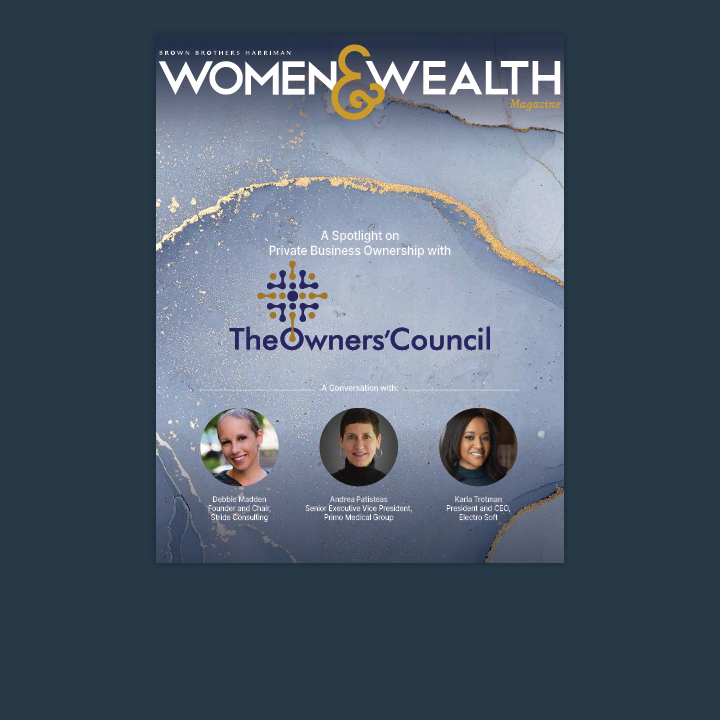1. You founded your first company, Alula, in 2020. What inspired the idea for the company?
I was diagnosed with a rare form of aggressive lymphoma on the cusp of my 30th birthday in January 2018, six months after graduating business school. Safe to say, it was not on my bingo card. My mother was diagnosed with breast cancer while I was in business school, and when I wasn’t focused on keeping up with my studies, I was focused on her care and healing from treatment.
During her treatment, she kept mentioning how she needed so many new products, but there wasn’t a centralized place for her to discover them. That was the seed of an idea that I didn’t realize I had tucked away until I was in the same predicament.
Alula sold leading brands for cancer patients, many of which were founded by cancer survivors. We sold everything from the first FDA-approved post-mastectomy bra that you could have your surgeon put on you in the operating room, to mucositis powder developed at MD Anderson Cancer Center, to specially designed peripherally inserted central catheter (PICC) line covers for cancer patients.
Alula is named after the part of a bird’s wing that helps birds land gently in turbulent air. When I heard that word for the first time, I thought it perfectly captured my vision for how I wanted patients to feel when they shopped at Alula.
2. In 2023, you launched Maia Oncology (which subsequently acquired Alula). Tell us about what Maia is focused on.
Maia is building a comprehensive, virtual primary care clinic for cancer patients. We are helping cancer patients ensure that a skilled onco-primary care provider (PCP) is helping them manage pre-existing diabetes, hypertension, and heart disease alongside their cancer treatment.
Today, I see 10 different specialists to manage the ongoing toxicities as a result of my treatment because my PCP is not equipped to manage the care. The vision is for Maia to be a place I could go to for that long-term care.
3. What does the future of oncology care look like?
The facet of cancer care I am personally most excited about is the sharp advances in cancer screening, which will catch cancers sooner and powerfully extend survival rates. We are seeing emerging technology making cancer screening more approachable, more precise, and more effective – whether it’s new full-body scans that can find cancer earlier, new mammography technology, or at-home cervical cancer testing. Especially as more millennials and Gen Z are diagnosed with cancer, technology-first screening will be an important way to bestow effective treatment sooner.
4. What is the wellness tip or learning that’s been the most impactful for you?
One of my executive coaches taught me the mantra “When I’m resting, I’m working,” and it completely changed my relationship with rest. Research shows that you can become most creative when you are engaged in activities that promote rest and relaxation, be it a walk in nature, a pottery session, or cooking in the kitchen. That’s why so many out-of-the-box ideas and a-ha moments come to us in the shower. As a result, I dedicate time to digital detoxing and being in nature every weekend and aim to schedule “think weeks” every quarter. During these moments, I tend to come up with my wildest and bravest ideas.
5. What advice would you give to your younger self?
I’d tell her to imagine that everything will work out beyond your wildest expectations, and knowing that, structure your time acccordingly.

